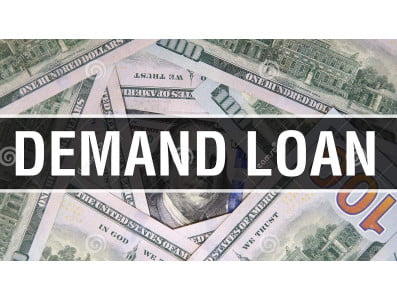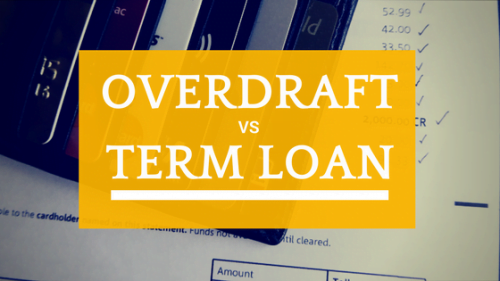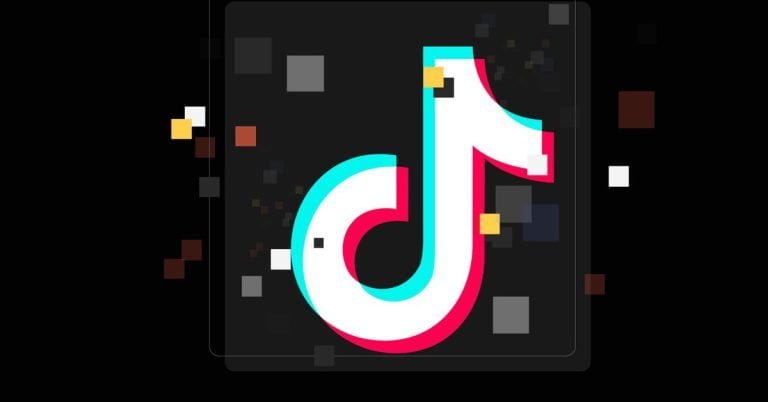
Getting a demand loan will help you untangle your financial complications. It comes with flexible repayment conditions to make the repayment process easier and financially rewarding (by not attaching repayment charges) for borrowers like you.
Also known as a Working Capital Demand Loan (WCDL) or a Call Loan, a demand loan comes with many benefits for a borrower. Before signing the loan, the borrower and the lender agree on the payment duration of the loan. Lenders get the confidence of being able to demand repayment at any time, and borrowers have the flexibility of partially or fully repaying their dues without facing the financial brunt of penalty.
By the end of this article, you will have an in-depth knowledge of various kinds of business loans, the meaning of a demand loan, the purpose and features of a demand loan, and the differences between types of loans. Check out the FAQ section at the end of this article for answers to the most common questions on this topic.
Also Read: Corporate Loans: Types, Application Process & Eligibility
Types of Business Loans
Table of Contents
Tabulated below are the various types of business loans with their benefits and disadvantages:
| Type of Loan | Definition | Benefit | Disadvantage | Ideal for |
| Term | The lender provides you with a lump sum amount. This amount must be repaid in installments within the predetermined period. | Instant cash for business emergencies | You may be required to sign collateral or guarantee for getting a term loan. Any delay in repayment will reflect in your credit score. |
Strong businesses Business expansion Borrowers with a good credit score |
| Personal | Borrowers can take personal loans for any purpose. They must be repaid with interest within the tenure of repayment, as discussed with the lender. | Allows you to borrow a higher amount than other loan types. Startups can qualify for this general-purpose loan. | Higher borrowing costs | Startups.New businesses |
| Machinery | A machinery loan allows you to purchase heavy machinery. | Funding is received faster than other loans. The equipment for which the borrower aims to take this loan is used as collateral. No other collateral is required. | It can only be used for purchasing equipment. | Repairing or leasing equipment |
| SBA | Generally, a borrower gets a Small Business Administration loan from banks and other sources. Depending on the borrower’s requirement, the repayment tenure of these loans varies from 7 to 25 years. | Provides instant cash.Lowest interest rates. | Higher rates than other loans.Difficult to qualify for this loan | Refinancing existing debts Business expansion.Borrowers with a strong credit score |
| Demand | A demand loan brings the flexibility of repayment for the borrowers and lenders in terms of repayment tenure. | Long repayment terms. Repayment without the fear of repayment charges or penalties. | Long application process. The lender could ask for repayment at an inconvenient time. | Repaying short-term liabilities Bridge financing Financing small asset Leasing new properties |
Also Read: How To Choose An Equipment Finance Company In India?
What is a Demand Loan?
In simple words, you can avail of a demand loan when you need to clear your short-term financial commitments without worrying about the repayment penalties. The lender and borrower do not sign this loan for a fixed duration. Whenever the lender needs the loan amount, they can ask the borrower to partially or completely repay, depending on the requirement. These conditions are discussed at the time of signing the agreement.
In this type of agreement, the lender has the convenience of demanding repayment at any time as needed for pursuing different investments or for other reasons. All they need to do is send a short or long notice to the borrower for repayment. Similarly, the borrower has the flexibility of paying at any time without worrying about penalties or hefty prepayment charges.
The loan contract of a working capital demand loan is more complex than other loans because it specifies special conditions that allow the lender’s right to request full or partial payment from the borrower at any time without strong reasons. Generally, banks provide demand loans to brokerage firms. These firms use the loan amount to finance their client margin accounts at a time when brokerage clients need more cash for getting securities on a margin.
Unlike the other types of loans with a fixed prepayment tenure, a demand loan comes as a short-term financing method with flexible tenure. Understanding the meaning of a demand loan becomes easier with a demand loan example.
Sometimes, a demand loan is used by firms for underwriting purchases or for buying securities for trading accounts. In such cases, securities are attached as collateral to the loan. The firm can cancel the loan at any time by prepaying the entire amount without any additional penalty. Similarly, the bank can demand the loan at any time by giving a minimum notice of 24 hours to the firm.
Also Read: Need Money Fast? 4 Options For Small Business Owners
Purpose of a Demand Loan
Working capital demand loans are also known as broker overnight loans or broker loans because they are majorly provided to brokerage houses by banks or other lenders. These loans are also used for many other purposes, as listed below:
- Purchasing equipment or other small assets for professional or personal use
- Short-term financing for new businesses
- Short-term financing for strong businesses
- Purchasing raw materials
- Clearing salaries of employees
- Paying office rent
- Clearing dues
- Bridge financing
- Investment
- Partnership
- Temporary working capital
- Purchasing land or space
- Starting a business
Also Read: Common Mistakes To Avoid When Starting A Small Business
Features of a Demand Loan
In addition to the benefit of flexible repayment, a demand loan has many other features and benefits for the lenders and borrowers, as listed below:
- Demand loans are short-term secured loans that are granted against collateral. The collateral of these loans is the assets for which the loan is being taken.
- Borrowers have the convenience of managing their EMIs without the stress of managing long-term installments.
- The minimum tenure of a demand loan is seven days.
- The interest rate is only calculated by considering the actual amount used by the borrower.
- Borrowers have the convenience of repaying small amounts until they have the financial capacity to repay the entire loan.
- These loans help you in paying the salaries of your employees or office rent on short notice.
- If you arrange the entire loan amount before the prepayment date, you can clear it entirely without paying any additional charge.
- A demand loan is registered with a promissory note that mentions the principal amount and interest rate.
- If required, the lender and borrower can reach an agreement regarding the tenure of the loan. However, the final authority in this matter lies with the lender.
Also Read: What Are The Best Accounting Practices For Small Businesses?
Important Considerations
Demand loans carry more risk for investors, as repayment duration is not specified in the loan agreement. To compensate for this, they have the flexibility of demanding the amount at any time for meeting their other requirements. Interests on a demand loan are accrued daily, thus making it infeasible for borrowers to use this loan for the long term.
To ensure the financial security of the lending and borrowing parties, it is essential to know the right time for getting this loan. You must get this loan when you have a strong credit score and a good relationship with your bank, and the amount is required for short-term goals. Learn everything there is to know about the potential risks of getting a demand loan before signing it.
Should You Get a Demand Loan?
A demand loan is majorly provided by banks to people who have a good repayment history and can manage their debts. The types of people listed below generally get a demand loan:
- Venture capitalists
- Shareholders
- Homeowners
- New or small business owners
- Entrepreneurs
- Landowners
Frequently Asked Questions
- Are Term Loans and Demand Loans the Same?
No. Term loans are granted to borrowers who require funds with long-term repayment options. On the contrary, demand loans are granted to borrowers who need short-term loans for financing their immediate requirements. The duration of term loans can range from one to 20 years, while a demand loan will have to be paid off when requested by the lender. - Is a Demand Loan a Secured Loan?
Yes. You are required to attach collateral with your demand loan. This collateral is the asset for which you are taking this loan. - Can I Prepay a Demand Loan?
Yes. Prepaying a demand loan is easy because the borrower has the convenience of prepaying at any time without paying any prepayment charges. - What is the Difference Between Overdrafts and Demand Loans?
A bank sets a credit limit based on which a borrower can get an overdraft. However, demand loans are short-term loans where the lender can ask for the entire repayment of the loan amount by providing short-term notice. This loan is sanctioned immediately in total, whereas an overdraft can be availed by the borrower until the overdraft limit is reached.






